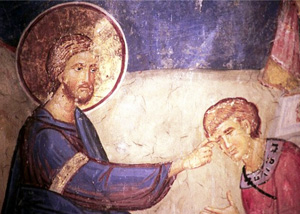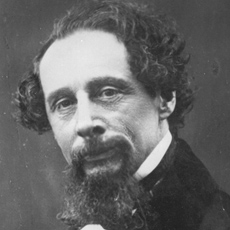 by Rdr. Daniel Manzuk –
by Rdr. Daniel Manzuk –
We are bombarded with the message that we are to be tolerant of the beliefs and practices of others. “Tolerant,” however, has come to mean “accept and condone without question or reservation”; failure to practice this form of tolerance makes one intolerant and a hater. These assertions are addressed especially to those from traditional Christian backgrounds who acknowledge that the truths in Scripture are absolute, not relative, as secular and liberal society views them.
It must be noted, too, that when entirely secularized people refuse to be tolerant of “traditional values,” they are called progressive, open-minded and enlightened, anything but intolerant; while traditional Christians are considered deluded, superstitious, brain-washed, and ignorant. (This is so despite the fact that – in all ages – living a Christian life requires a concerted effort and personal dedication –a clear choice. Just ask the Virgin Mary and the Martyrs.) [Read more…]

 by Texas Orthodox Priests –
by Texas Orthodox Priests – by Anthony Esolen –
by Anthony Esolen – by Metropolitan Anthony of Sourozh –
by Metropolitan Anthony of Sourozh – by Anthony Esolen –
by Anthony Esolen – by Metropolitan Hilarion (Alfeyev) –
by Metropolitan Hilarion (Alfeyev) – by Gabe Martini –
by Gabe Martini – by Fr. Matthew Jackson –
by Fr. Matthew Jackson – by St. John of Kronstadt –
by St. John of Kronstadt – by Matushka Susan Young –
by Matushka Susan Young –